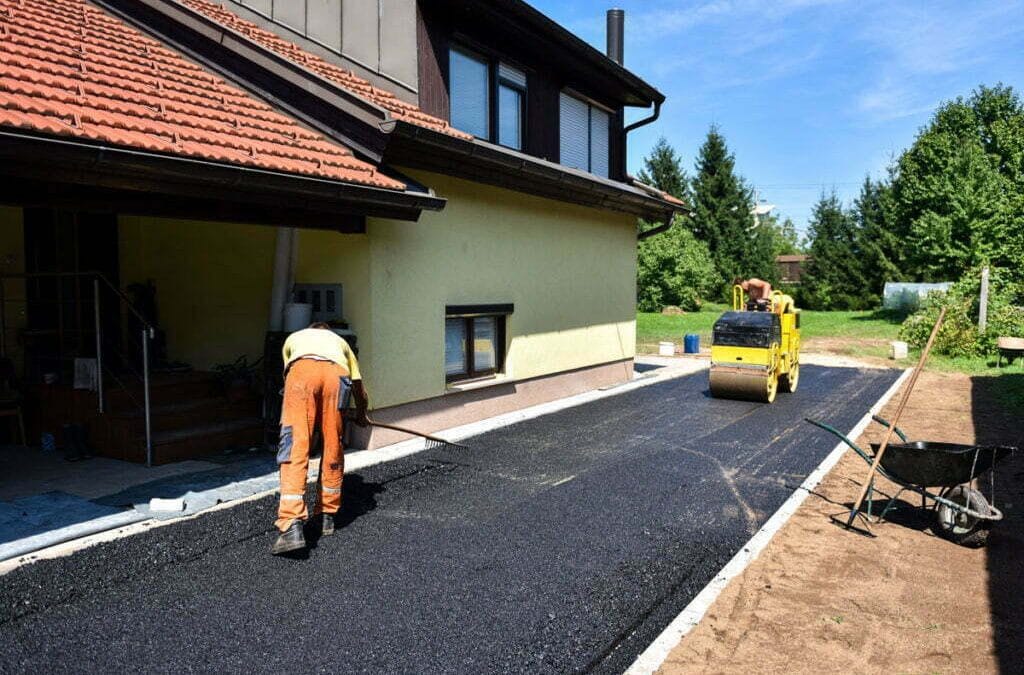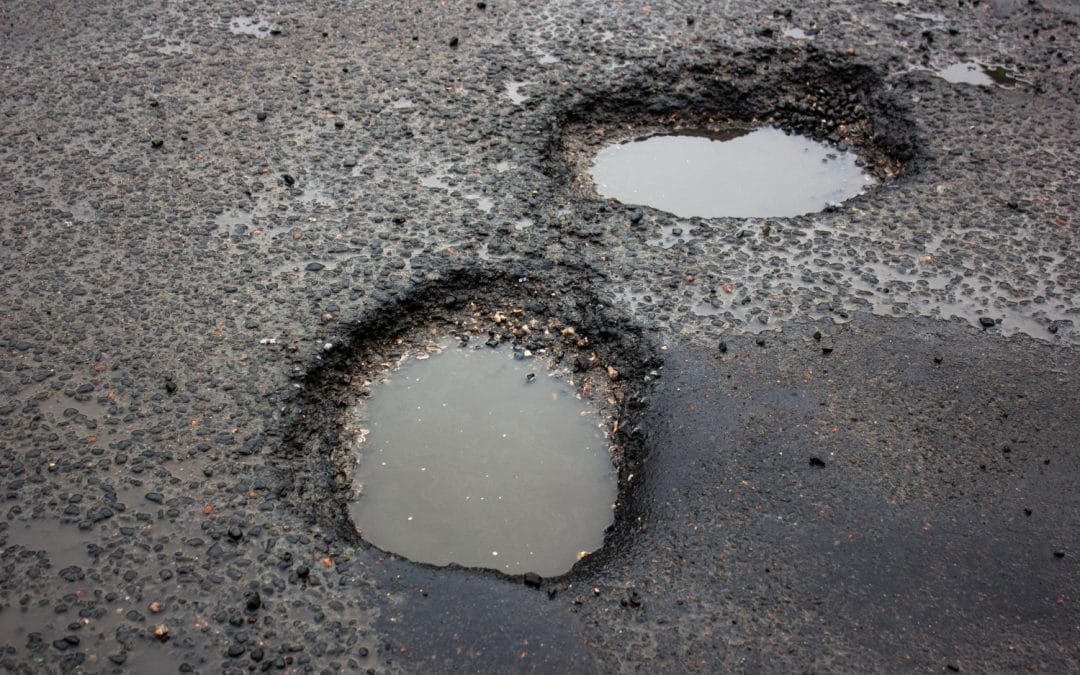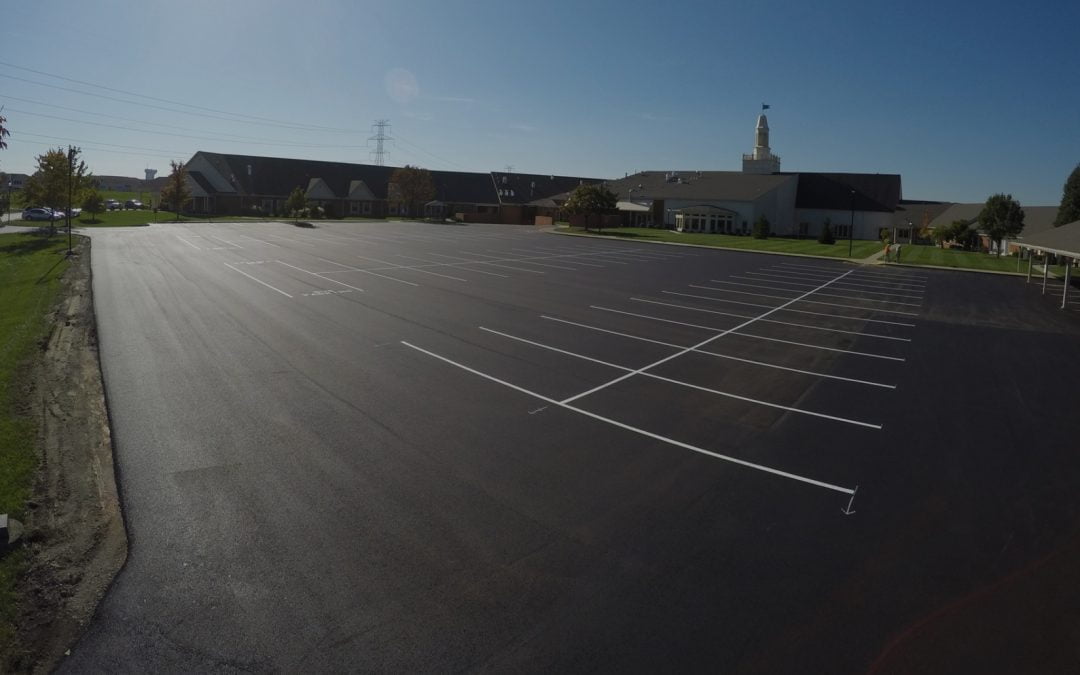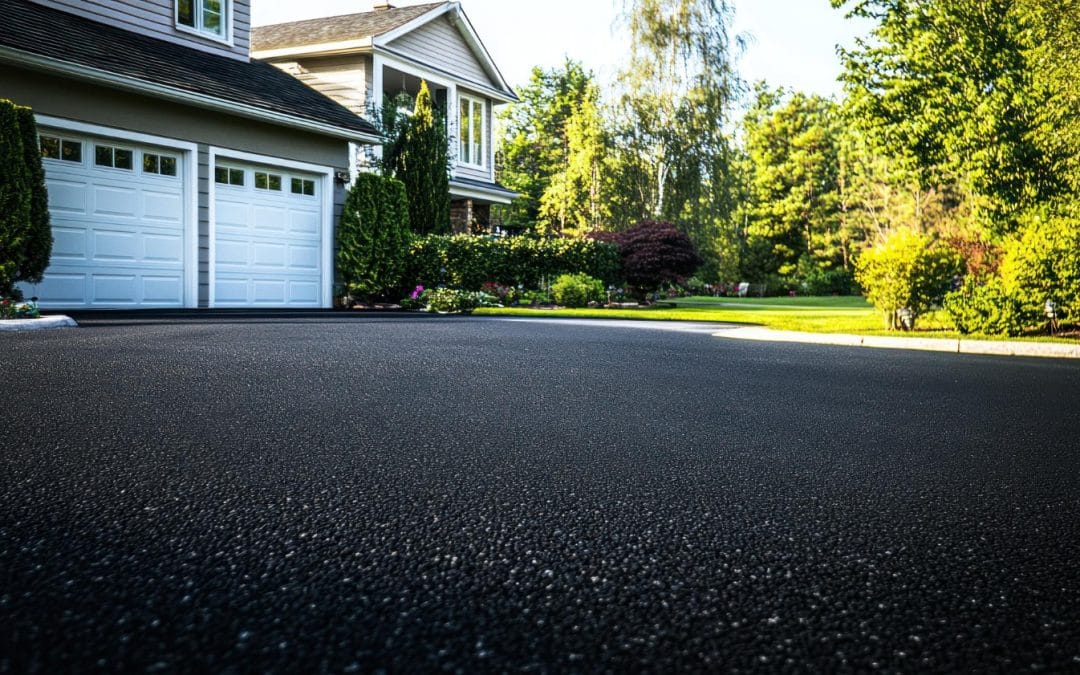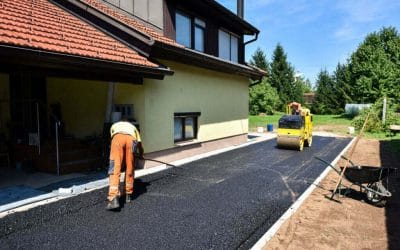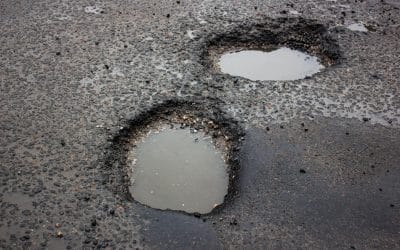Don’t Wait Until You’re Dodging Potholes
Asphalt doesn’t last forever—and if your driveway or parking lot is looking rough around the edges, it might be time to think about repaving. We get it: it’s easy to put off until there’s a full-blown crater in your parking space. But those tiny cracks and faded patches? They’re warning signs. And ignoring them too long can lead to bigger (and more expensive) problems down the road.
Whether you’re a homeowner tired of tripping over uneven surfaces or a business owner worried about customer safety, repaving isn’t just about appearances—it’s about keeping things safe, smooth, and functional.
Signs Your Asphalt Is Beyond a Quick Fix
Sure, sealcoating or patching can buy you some time, but there’s a point where those bandaid solutions just won’t cut it. Here are a few red flags that suggest a full repave might be in order:
- Widespread cracking – Especially “alligator” cracks, which look like a reptile’s skin and usually mean structural failure.
- Large or recurring potholes – These cause safety hazards and can mess up tires, suspension systems, and your curb appeal.
- Faded color and surface wear – Sun, rain, and traffic eventually wear down the protective top layer, exposing the base to the elements.
- Pooling water – If water isn’t draining properly, it can seep into the layers below and cause damage fast.
- Previous repairs aren’t holding – If patches keep breaking apart or lifting, the foundation might be too far gone.
Once these problems start stacking up, repaving becomes the most cost-effective long-term solution. Not only does it restore your surface to like-new condition, but it also gives you the chance to improve layout, drainage, and overall usability.
Why Repaving Is an Investment, Not Just a Cost
A fresh asphalt surface improves more than just looks. It enhances property value, reduces liability, and creates a safer environment for vehicles and pedestrians. For commercial properties, it also gives customers and clients a great first impression—and avoids the “if they can’t fix their lot, what else are they skimping on?” kind of judgment.
When it’s done right, repaving can last 15–20 years with proper maintenance. So while it may seem like a big step, it’s one that pays off for years to come.
Thinking your surface might be ready for an upgrade? Take a look at our Asphalt Paving Services, explore Driveway Repair, check out our Parking Lot Paving, or Contact Us for a free estimate and expert advice from the American Paving NC team.


